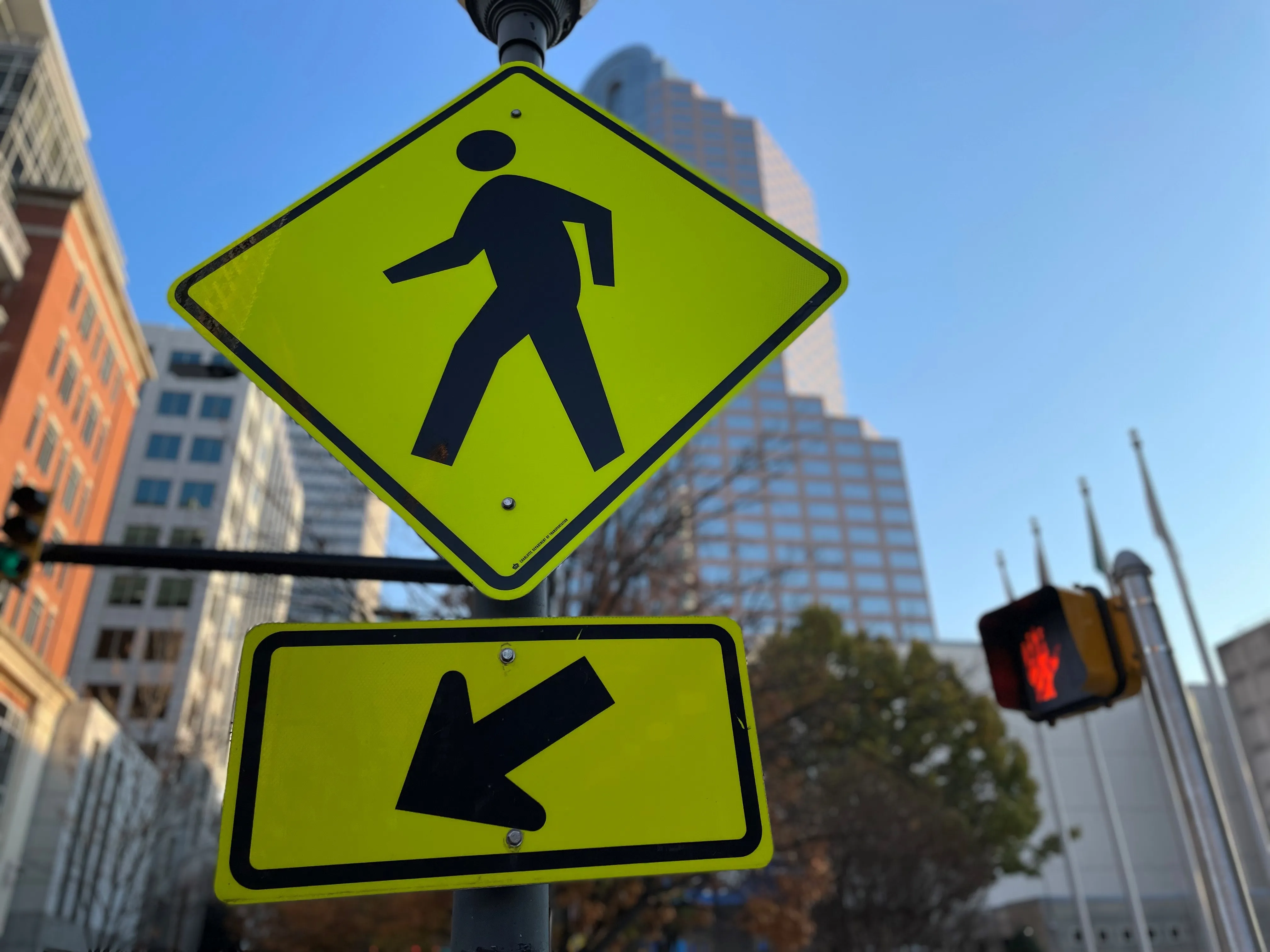Advances in electronic tolling are transforming highway transportation by providing greater mobility, smoother traffic flow, and improved safety for drivers and their passengers, according to new survey data released by the International Bridge, Tunnel and Turnpike Association (IBTTA).
The new survey, Toll Technology Transforms Mobility for Customers, conducted during the third quarter of 2016, collected technology-related data from 36 tolling facilities in 18 states, representing all regions of the cou
September 14, 2016
Read time: 3 mins
Advances in electronic tolling are transforming highway transportation by providing greater mobility, smoother traffic flow, and improved safety for drivers and their passengers, according to new survey data released by the 3804 International Bridge, Tunnel and Turnpike Association (IBTTA).
The new survey, Toll Technology Transforms Mobility for Customers, conducted during the third quarter of 2016, collected technology-related data from 36 tolling facilities in 18 states, representing all regions of the country.
One of the major findings was that, with the implementation of new technologies, cash use continues to decline. As a share of total revenue, from 2010 to 2015 cash use decreased from 29 to 18 per cent.
In addition, between 2010 and 2015, there has been an increase of 19.3 million electronic transponders on America's roads. There were 32.7 million toll accounts in 2015, up sharply from 19.9 million toll accounts in 2010, an increase of more than 64 per cent.
The 36 toll facilities participating in IBTTA’s 2016 National Toll Technology Survey experienced a combined increase of US$4.7 billion in revenues between 2010 and 2015.
According to Earl ‘Buddy J. Croft, III, executive director of the6162 Rhode Island Turnpike and Bridge Authority, and IBTTA president, as all-electronic tolling (AET) expands, people and goods travel more efficiently, helping to spur more robust economic growth. He said more tolling agencies are turning to AET as a proven congestion-buster that delivers a safer, more predictable ride for users who need to reach their destination on time.
Patrick D. Jones, executive director and CEO of IBTTA said that technology is transforming today's driving experience as more states move away from cash tolls and embrace cashless solutions. Colorado and Washington, with the exception of the Tacoma Narrows Bridge (SR16), already have state-wide AET and Massachusetts plans to deploy AET state-wide this October.
As demonstrated in the report, the ongoing rise in the use of electronic and video tolling—and the decrease in the use of cash on toll facilities—signify an increasingly high-tech future for tolling and transportation throughout the country.
"This data offers us a stunning illustration of how technology has rapidly altered the transportation landscape in the last several years, and forecasts the increasing role it is certain to play well into the future," said Jones.
"As more tolling innovations make their way through the technology pipeline, and as the industry works toward achieving interoperability nationwide, drivers are looking at a user-focused future enhanced by ever-evolving technologies that continually improve convenience and safety on America’s highways, bridges and tunnels," Jones concluded.
The new survey, Toll Technology Transforms Mobility for Customers, conducted during the third quarter of 2016, collected technology-related data from 36 tolling facilities in 18 states, representing all regions of the country.
One of the major findings was that, with the implementation of new technologies, cash use continues to decline. As a share of total revenue, from 2010 to 2015 cash use decreased from 29 to 18 per cent.
In addition, between 2010 and 2015, there has been an increase of 19.3 million electronic transponders on America's roads. There were 32.7 million toll accounts in 2015, up sharply from 19.9 million toll accounts in 2010, an increase of more than 64 per cent.
The 36 toll facilities participating in IBTTA’s 2016 National Toll Technology Survey experienced a combined increase of US$4.7 billion in revenues between 2010 and 2015.
According to Earl ‘Buddy J. Croft, III, executive director of the
Patrick D. Jones, executive director and CEO of IBTTA said that technology is transforming today's driving experience as more states move away from cash tolls and embrace cashless solutions. Colorado and Washington, with the exception of the Tacoma Narrows Bridge (SR16), already have state-wide AET and Massachusetts plans to deploy AET state-wide this October.
As demonstrated in the report, the ongoing rise in the use of electronic and video tolling—and the decrease in the use of cash on toll facilities—signify an increasingly high-tech future for tolling and transportation throughout the country.
"This data offers us a stunning illustration of how technology has rapidly altered the transportation landscape in the last several years, and forecasts the increasing role it is certain to play well into the future," said Jones.
"As more tolling innovations make their way through the technology pipeline, and as the industry works toward achieving interoperability nationwide, drivers are looking at a user-focused future enhanced by ever-evolving technologies that continually improve convenience and safety on America’s highways, bridges and tunnels," Jones concluded.









